‘Download or Lose It’: Meta Starts Locking Out Aussie Teens Ahead of Under-16 Social Media Ban
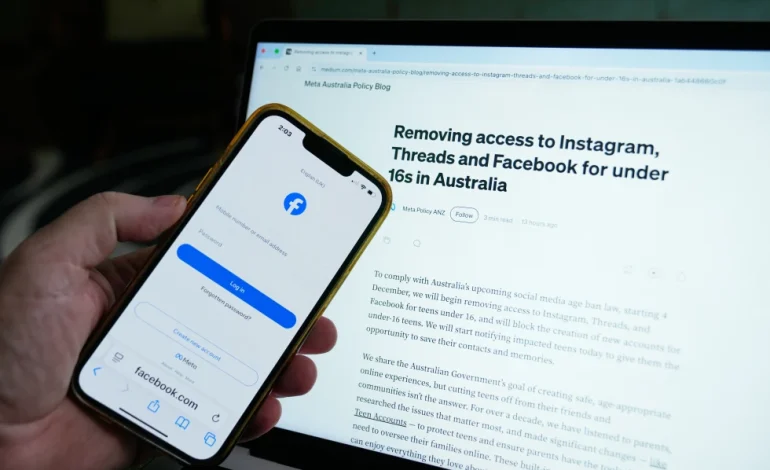
AP, CBS News, Al Jazeera, and ABC News contributed to this report.
Meta has started warning hundreds of thousands of young Australians that they’re about to be kicked off Facebook, Instagram and Threads – and they’ve got about two weeks to grab their data before it’s gone.
From December 10, a new Australian law will force major platforms – including Facebook, Instagram, Threads, Snapchat, TikTok, X, YouTube, Reddit and others – to take “reasonable steps” to block users under 16. Meta says it will actually start cutting access earlier, from December 4, to get ahead of the rules.
“We will start notifying impacted teens today to give them the opportunity to save their contacts and memories,” Meta said in a statement.
The company estimates there are around 350,000 Australian 13–15-year-olds on Instagram and another 150,000 on Facebook. All of those accounts are now in the firing line.
From this week, users Meta believes are under 16 are getting SMS, emails and in-app alerts telling them they’ll soon lose access:
“Soon, you’ll no longer be able to use Facebook and your profile won’t be visible to you or others… When you turn 16, we’ll let you know that you can start using Facebook again.”
Teens are being encouraged to:
- Download their data – photos, videos, posts, contacts and more;
- Update contact details so Meta can help them regain access once they turn 16;
- Delete their accounts if they want a clean break.
If someone is 16 or older but flagged by mistake, Meta says they can verify their age through Yoti Age Verification using government ID or a “video selfie”.
That’s raised eyebrows: facial recognition systems like this can still miss by at least 5%, warns Terry Flew from the University of Sydney’s Centre for AI, Trust and Governance.
“In the absence of a government-mandated ID system, we’re always looking at second-best solutions around these things,” he told the ABC.
Canberra’s new regime is blunt: if platforms don’t do enough to keep under-16s out, they face fines of up to AU$50 million (about US$32 million).
At the same time, the government has warned it would be “unreasonable” to demand age ID from every user, arguing platforms already hold enough behaviour and profile data to know when someone is clearly a child.
Meta’s global head of safety, Antigone Davis, says there’s a better way than each app guessing ages on its own:
“We believe a better approach is required: a standard, more accurate, and privacy-preserving system, such as OS/app store-level age verification.”
In other words, she wants Apple’s App Store and Google Play to handle age checks at the device or operating system level, then pass that confirmation to apps like Instagram and Facebook.
Parent group Heaps Up Alliance, which pushed for the ban, says families should use the next few weeks to rethink how kids spend all that reclaimed screen time.
“There are aspects of the legislation that we’re not entirely supportive of, but the principle that children under the age of 16 are better off in the real world, that’s something we advocated for,” founder Dany Elachi said. “When everybody misses out, nobody misses out.”
Not everyone’s convinced.
- Save the Children and other children’s advocates argue the law should have focused on forcing platforms to build in safety, not cutting off teens altogether.
- The Australian Human Rights Commission has “serious reservations”, saying there are less restrictive alternatives, like a legal duty of care on social media companies.
- Digital rights groups warn about the “mass collection” of identity data if video selfies and ID checks become standard, increasing both privacy risks and big tech’s data power.
Young people themselves are also pushing back. Some say social media is how they access news, politics and community, and that a blanket under-16 ban could cut them off from information and support, just as school holidays begin.
Meta’s advice is simple: download first, argue later.
Through the Meta Accounts Center in settings, users can:
- Export photos, videos, posts and other data;
- Choose where to save it (device or cloud);
- Pick formats like HTML (easy to view) or JSON (easy to import elsewhere).
Once the ban kicks in, under-16s will lose access – and will only be able to return when they turn 16 and pass Meta’s age checks.
For now, Australia is the test case a lot of other countries are watching. Whether this law becomes a model, a warning – or both – will depend on what happens to the young people it’s aimed at protecting.

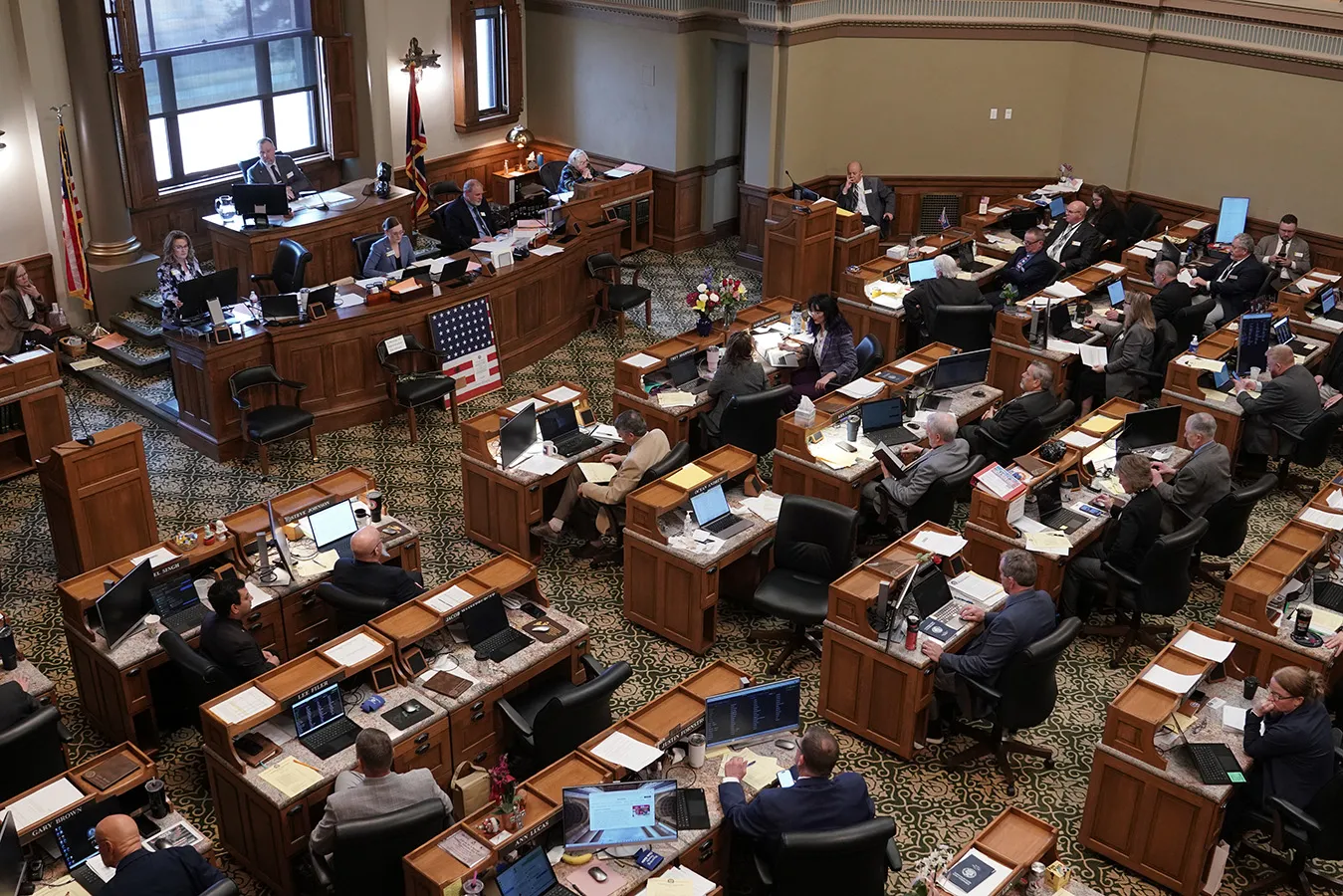
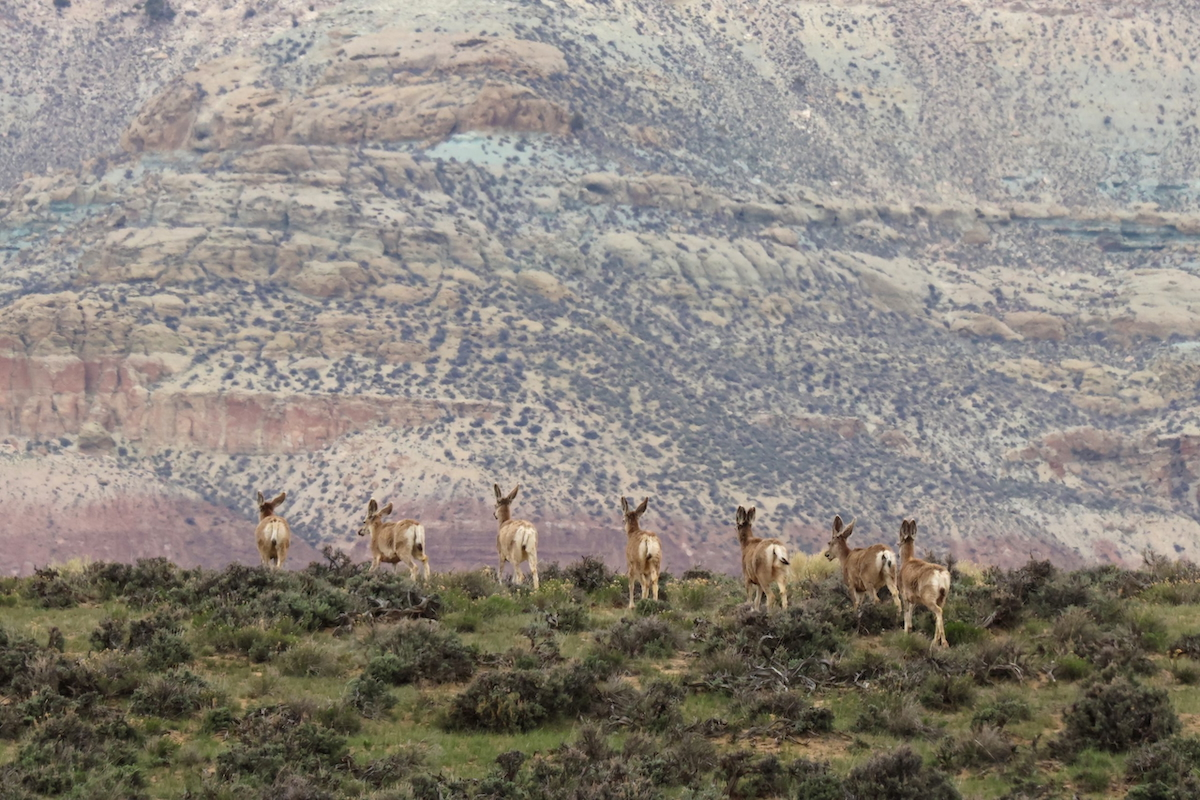
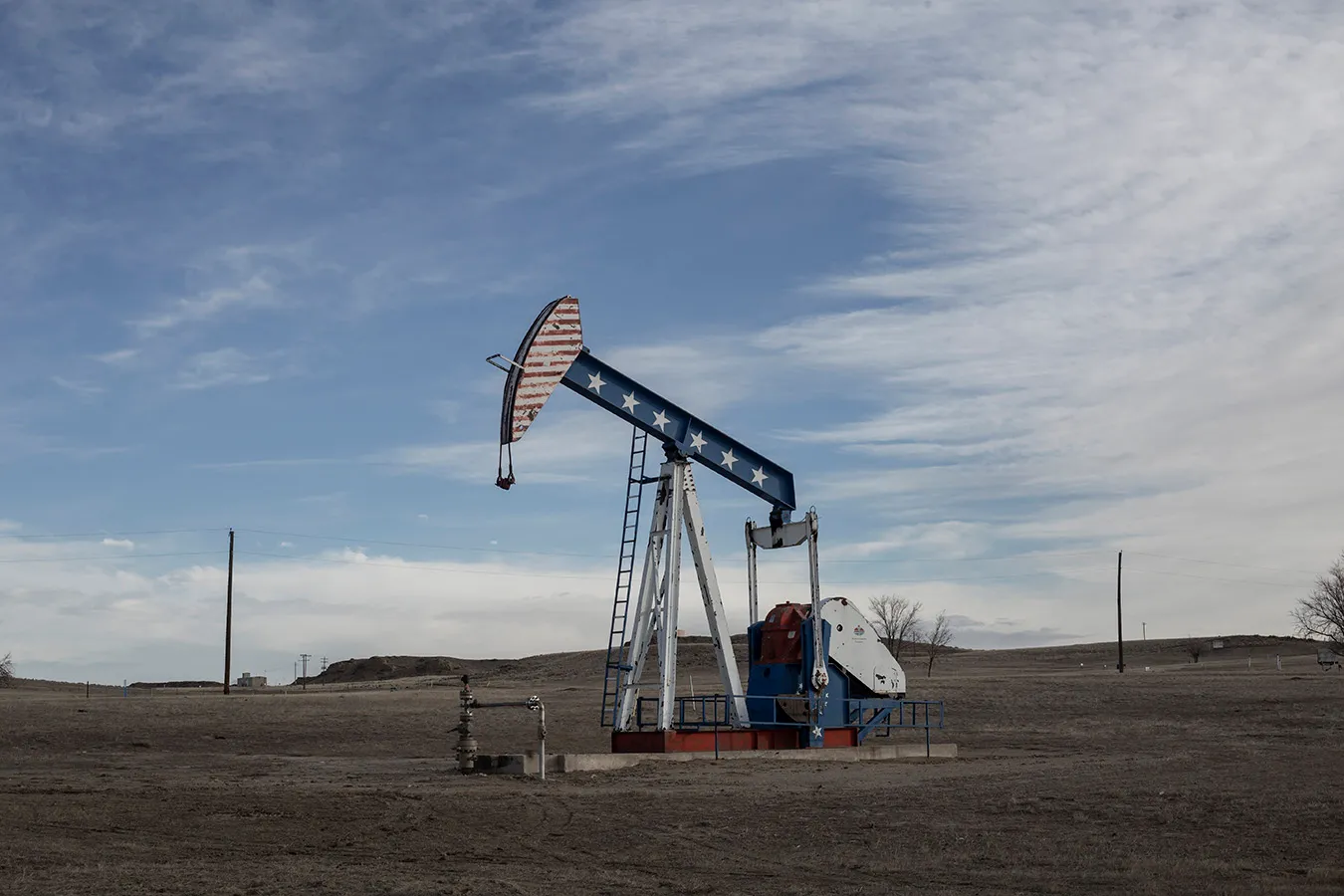
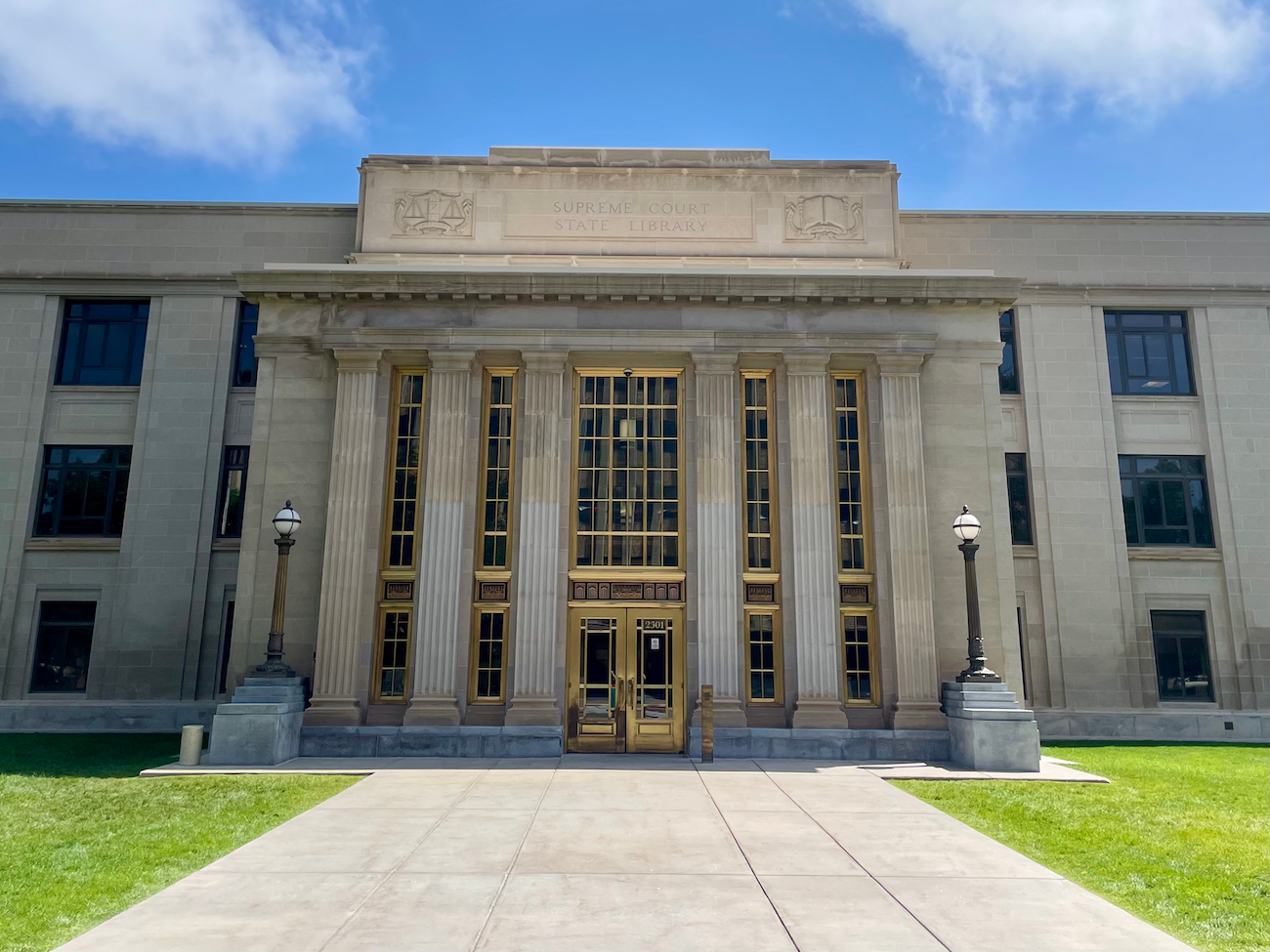




The latest news in your social feeds
Subscribe to our social media platforms to stay tuned